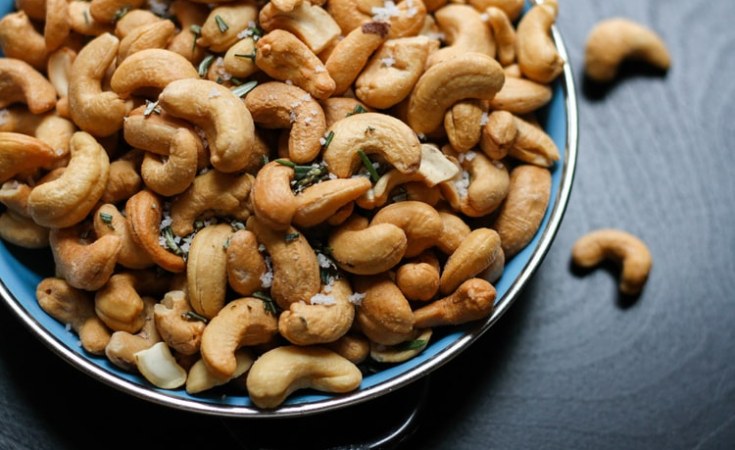TANZANIA : PRIME Minister Kassim Majaliwa has said that the government is determined to revive cashew processing factories to boost the value of the crop.
Speaking recently during his working visit to Mtwara Region, Mr Majaliwa urged farmers to plan to sell processed cashewnuts to increase the value of the crop.
He added: "Selling unprocessed cashews is depriving the nation and farmers great income... we want all the benefits from the cashew crop to remain in the country. The time for change has come, hence, let's use this opportunity to build processing factories for cashewnut to enable farmers to process and sell in foreign and domestic markets."
Elaborating, Mr Majaliwa noted that President Dr Samia Suluhu Hassan needs Tanzania to sell cashewnuts that have been processed in the country, instead of selling unprocessed ones.
"Therefore, cashew farmers should do commercial farming by stopping selling raw cashews and instead sell ones that have added value," he said.
That comes with the background that one kilogramme of processed cashews sells at 13,000/- while unprocessed same quantity goes at 2,000/-, prompting the Premier to say: "If you process four (4) kilogrammes of raw cashews you get only one (1) kilogramme of processed cashewnut. And exporting unprocessed cashewnuts outside the country deprives farmers some income, including from the cashew's leftovers that are further worked on to make oil."
In a related development, Mr Majaliwa called upon cashewnut factories' owners to give farmers an opportunity to process their personal products, especially by charging them only processing fees.
"Factory owners should follow the example of the Organic Growth Limited (OGL) cashew factory in Tandahimba District, which allows farmers to process their crops in the factory," he pointed out.
Equally, he asked the cashew crop supervisors in the fields to ensure that farmers get correct farming inputs on time according to their needs.
In response, the Director of Organic Growth Limited (OGL), Aldina Fakiri said that his factory planned properly to ensure that a large percentage of the processed crop is sold.
He said a big percentage of the income is lost in the course of selling unprocessed cashews, citing an example where the crop's leftovers can still be collected to produce oil.
Mr Fakiri said that the factory has the capacity to process 3,000 tonnes of unprocessed cashews, which is equivalent to 720 tonnes of processed cashews per year.
He added that the factory will provide an opportunity for farmers to process their cashew nuts and charge them only the processing fee, adding: "We will also cooperate with them in finding cashews markets".
In the ongoing work, the factory is expected to provide 200 employment opportunities, where among them 50 will be permanent and 150 temporary workers.
For their part, the cashew farmers thanked the government for its decision to continue mobilising the construction of the crop factories in the country.
The farmers said the presence of factories will enable them to process cashew nuts and sell them with added value instead of selling them raw.
One of the farmers, Alife Kajonje said that cashew nut factories will be a saviour for them and the nation as a whole, adding that they will increase the value of the crop and increase employment opportunities.


